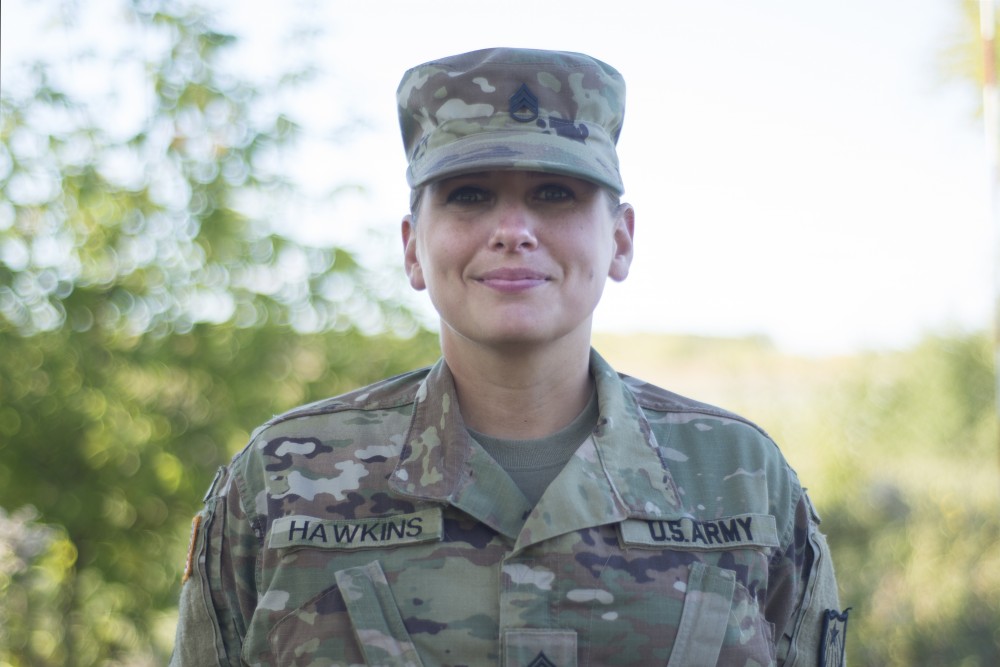When Sgt. Major Tina Lenling returned to the U.S. from a 15-month deployment in Iraq, she was reluctant to admit that her family needed help.
Members of the military are taught to solve problems independently, Lenling said, but she felt she no longer fit into her family’s everyday life. She realized she was treating her children like soldiers and worried about the impact her temper could have on her husband and kids.
“I really struggled … to come back to a family that pretty much operated better without me, or so I thought,” Lenling said. “I can take 150 soldiers to Iraq and back, but I can’t get my 10-year-old to go to bed on time.”

Seeking guidance, she eventually decided to sign up for a University of Minnesota program that aims to equip military parents with the skills to adapt to civilian family life after deployment. First launched in 2010, After Deployment: Adaptive Parenting Tools is collecting data from over 250 families this fall and is still looking to recruit more participants.
University Family Social Science and Institute of Child Development researcher Abigail Gewirtz started the program seven years ago after noticing increasing deployment rates. The first study was funded by the National Institutes of Health, and the most recent by the U.S. Department of Defense.
“ADAPT is the only evidence-based parenting program for military families with school-aged kids,” Gewirtz said.
Parents’ deployments cause stress and anxiety in families, not only because the parents are in dangerous situations, but also because they miss major life events, she said.
ADAPT teaches parents six core skills, which include responding to emotions, teaching through encouragement and establishing boundaries, and allows participants to practice with role-playing and discussion before putting them to use at home.
“The skills are really active parenting skills that are known to be associated with good child outcomes, so if you know how to effectively discipline your kids, then you shouldn’t have to do it as much,” Gewirtz said.
Participants are assigned to one of three versions of the 14-week program, she said. Parents either complete online lessons, meet with facilitators weekly via video-chat or work with other parents and a facilitator in person.
Sgt. Janice Hawkins, a single mom of three who was deployed to Bosnia in 2003, recently went through ADAPT. Though she was skeptical of the program at first, she said she learned important lessons about disciplining and instructing kids.
“In the military, you tell somebody what to do and it just happens,” Hawkins said. “Children don’t work that way.”
Lenling, who signed up for the program with her husband about a year ago, said that while the military gave her skills like discipline, she needed guidance in being an effective parent.
“The military teaches you a lot about how to be a good leader and a soldier,” Lenling said. “I’ve had such extensive military training over the past 31 years, but I’ve never had training how to be a good parent.”
As a result of her participation in ADAPT, Lenling said she has tools to better instruct and discipline her kids, as well as re-establish relationships with her family.
“Mom doesn’t really yell anymore,” she said. “We’re just a much happier, more peaceful family.”
Correction: A previous version of this story misidentified how participants interacted with the ADAPT program. Participants are assigned to one of three versions of the program. Each program lasts about 14 weeks.








